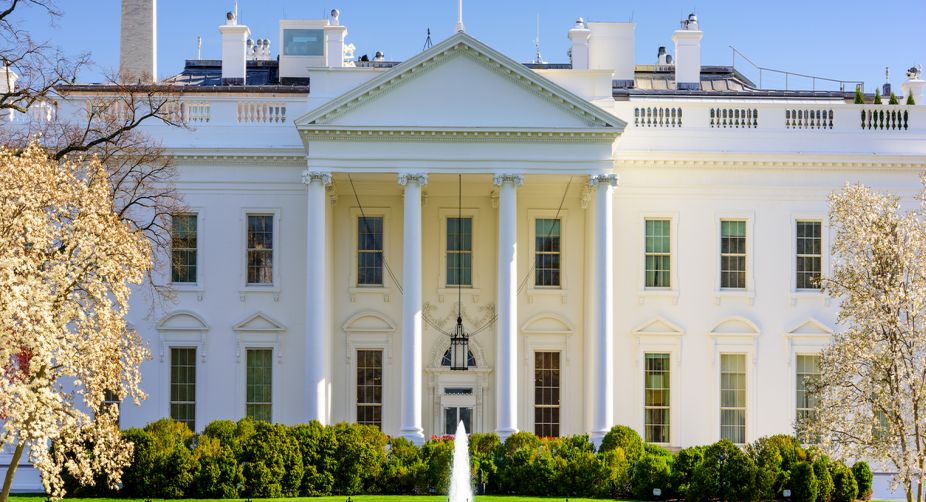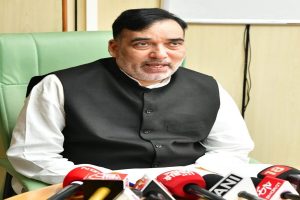The US federal government officially shut down on Friday for the second time in three weeks after a single senator, Rand Paul of Kentucky, held up a vote on a far-reaching budget deal that would have staved it off.
Senators are still expected to vote in favour of the deal in a series of votes that will most likely begin around 1 a.m., reports The New York Times.
If the House approves the deal, the government would have reopened before the workday begins.
Angered at the huge spending increases at the centre of the deal, Paul, a Republican, delayed passage for hours with a demand to vote on an amendment that would keep in place strict caps on spending that the deal would raise.
“The reason I’m here tonight is to put people on the spot,” Paul said.
“I want people to feel uncomfortable. I want them to have to answer people at home who said, ‘How come you were against President Obama’s deficits and then how come you’re for Republican deficits?'”
The shutdown comes on the heels of a three-day closure brought about by Senate Democrats last month, The New York Times reported.
As midnight approached, Paul did not relent, bemoaning from the Senate floor what he saw as out-of-control government spending and repeatedly rebuffing attempts by his fellow senators to move ahead with a vote.
The text of the deal, stretching more than 600 pages, was released late Wednesday night, revealing provisions large and small that would go far beyond the basic budget numbers.
The accord would raise strict spending caps on domestic and military spending in this fiscal year and the next one by about $300 billion in total. It would also lift the federal debt limit until March 2019 and includes almost $90 billion in disaster relief in response to last year’s hurricanes and wildfires.
The deal had been expected to sail through the Senate, and the House had planned to vote on it later Thursday, until Paul took his stand.
In last month’s closure, the vast majority of Senate Democrats voted to block a bill that would have kept the government open, only to retreat a few days later and agree to end the closure.












